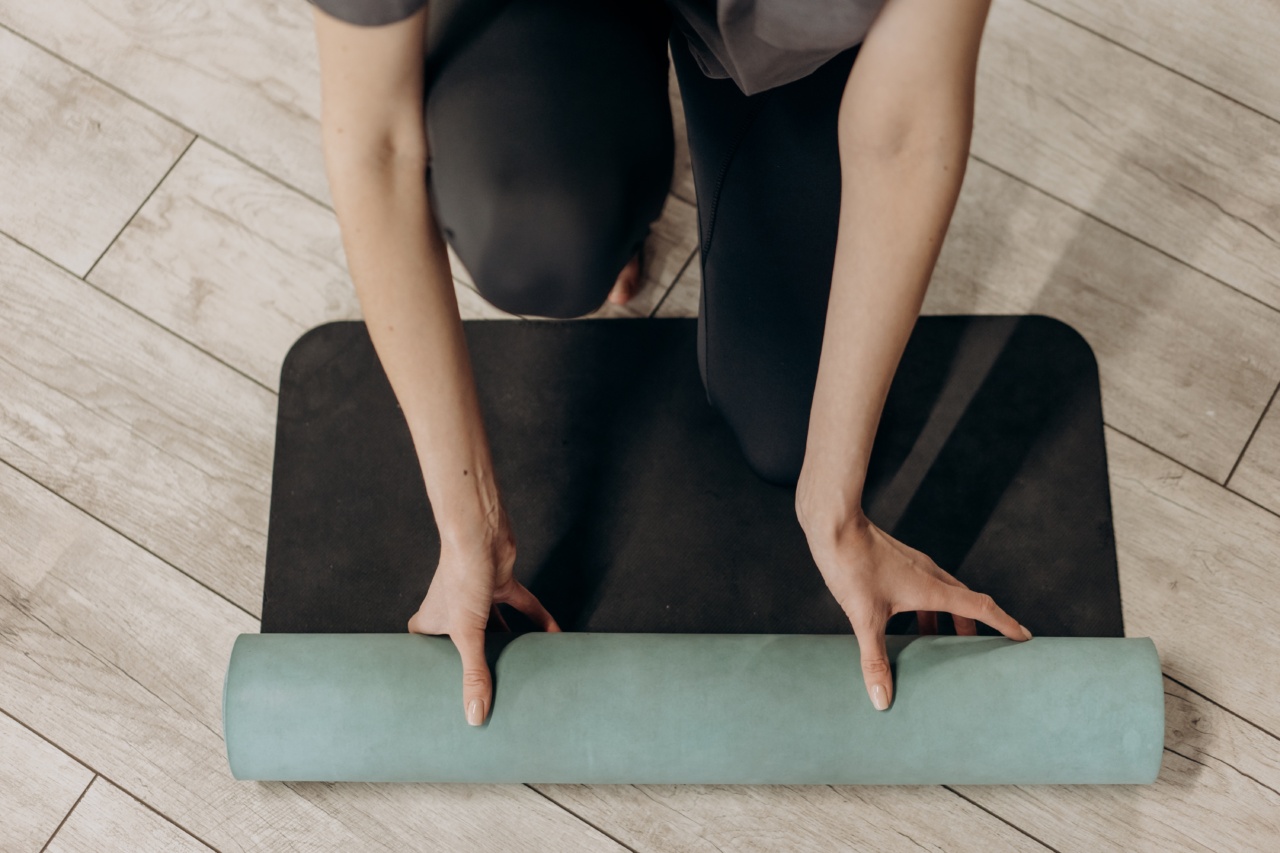Gymnastics is a physically demanding sport that requires strength, flexibility, control, and balance. Athletes in this sport perform a range of maneuvers that require a high level of physical fitness and skill.
These demanding routines can take a toll on the body, especially on the female reproductive system. Many female gymnasts, including elite level athletes, deal with menstrual cycle abnormalities due to the impact of the sport on their bodies. In this article, we will explore the impact that difficult gymnastics routines have on menstrual cycles.
The Menstrual Cycle
The menstrual cycle is a complex process that occurs in the female body. It involves the production and release of hormones that cause the ovaries to release an egg, which travels down the fallopian tubes and into the uterus.
If the egg is not fertilized, the uterus sheds its lining, and the process starts over again. In a typical cycle, this process takes about 28 days.
The Impact of Gymnastics on the Menstrual Cycle
Gymnastics is an intense and physically demanding sport that requires a high level of fitness and skill. The intense physical training required for the sport can take a toll on the female reproductive system.
Many female gymnasts experience menstrual irregularities due to the impact of the sport on their bodies. These irregularities can be caused by several factors, including:.
- Low body fat percentage: Female gymnasts often have a very low body fat percentage, which can disrupt hormones and interfere with the menstrual cycle.
- Stress: The high level of stress associated with gymnastics training and competition can also affect the menstrual cycle. Stress can cause the body to produce high levels of cortisol, which can interfere with the production and release of hormones that regulate the menstrual cycle.
- Intense physical training: The intense physical training required for gymnastics can also interfere with the menstrual cycle. This type of training can cause a hormonal imbalance that disrupts the menstrual cycle.
The Impact of Injuries on the Menstrual Cycle
In addition to the impact of gymnastics on the menstrual cycle, injuries sustained during training or competition can also affect the menstrual cycle.
- Head injuries: Head injuries can disrupt the production and release of hormones that regulate the menstrual cycle. This disruption can cause menstrual irregularities and other hormone-related problems.
- Spinal injuries: Spinal injuries can also interfere with the production and release of hormones that regulate the menstrual cycle.
- Stress fractures: Stress fractures, which are common in gymnastics, can cause menstrual irregularities by disrupting the hormonal balance in the body.
Preventing Menstrual Irregularities in Gymnasts
To prevent menstrual irregularities in gymnasts, it is important to maintain a healthy diet, get enough rest, and exercise moderately. It is also important to avoid excessive stress and to seek medical treatment if any menstrual irregularities occur.
Treatment for Menstrual Irregularities in Gymnasts
If menstrual irregularities occur in gymnasts, treatment options may include hormonal therapy, dietary changes, and lifestyle modifications.
- Hormonal therapy: Hormonal therapy may be prescribed for irregular or absent periods. This treatment involves taking hormones to regulate the menstrual cycle.
- Dietary changes: A healthy diet that includes sufficient nutrients and calories may help regulate the menstrual cycle.
- Lifestyle modifications: Lifestyle modifications, such as reducing stress, may also be recommended to regulate the menstrual cycle.
Conclusion
Gymnastics is a physically demanding sport that requires a high level of fitness, skill, and discipline. While the sport has many benefits, it can also have an impact on the menstrual cycle.
Female gymnasts are at an increased risk of experiencing menstrual irregularities due to the physical demands of the sport, injuries sustained during training or competition, and stress. To prevent and treat menstrual irregularities in gymnasts, it is important to maintain a healthy lifestyle and seek medical treatment if any problems occur.






























